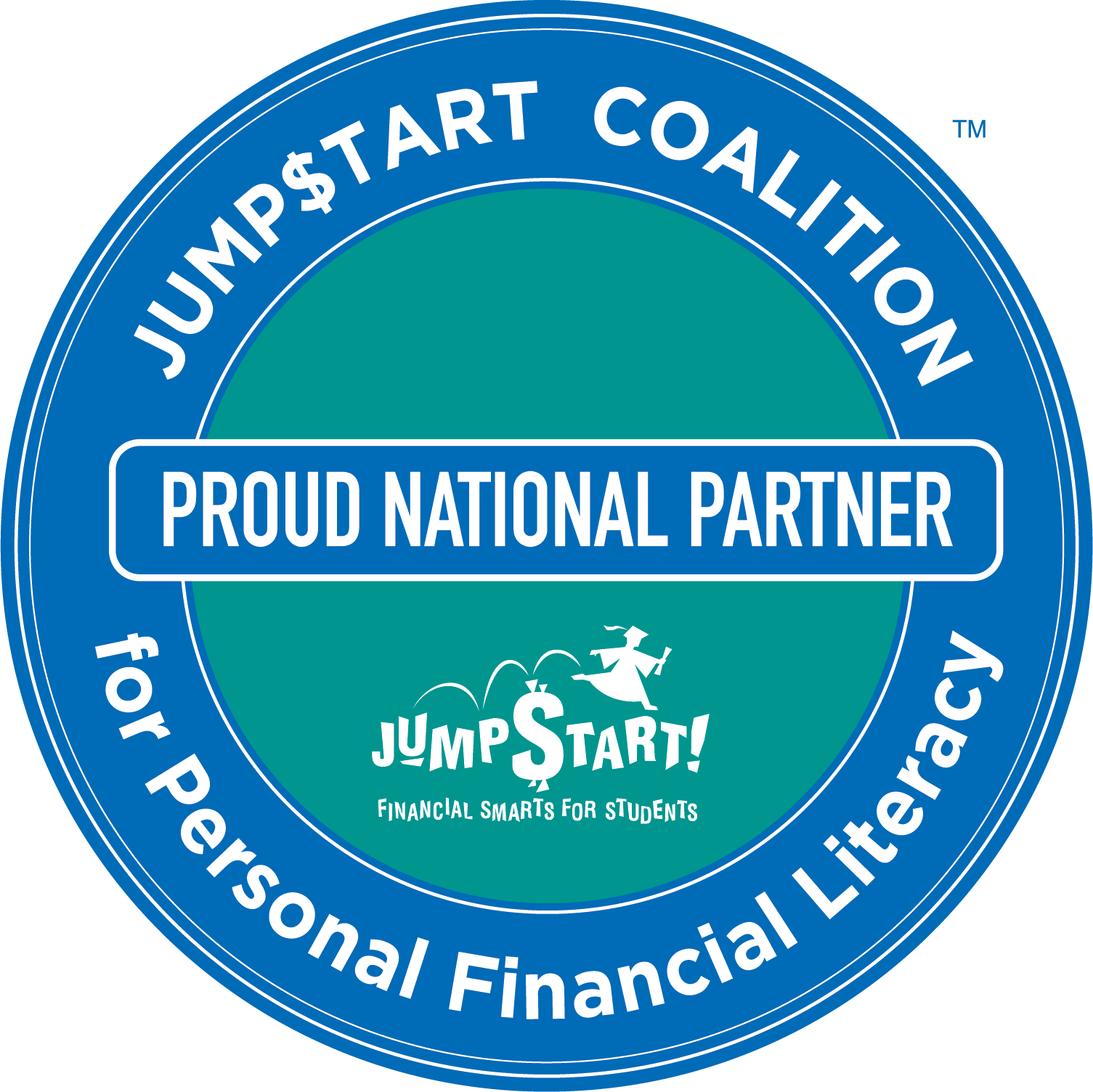Note: Be sure to check out our overview of the national financial literacy and education standards, too!
As more and more states across the country pass financial literacy standards for high school students, Money Vehicle is keeping tabs on it all, and making sure its course is up to par! Oregon is yet another state to pass a personal finance or financial literacy mandate for high school students with the passage of Senate Bill 3, which adds a requirement for high school students to complete one-half credit of higher education and career skills and one-half credit of personal financial education in order to receive a high school diploma was sent to Governor Tina Kotek for signature.
Oregon’s financial literacy standards for high school students
As mentioned, Oregon’s Senate Bill 3 high school financial requirement will apply for high school graduates with diplomas issued on or after Jan. 1, 2027 school year, must take one-half credit in higher education and/or personal financial literacy.
“This bill will help ensure our young people are leaving school with the skills they need to make good financial decisions now and throughout their lives.”Senate President Rob Wagner, D-Lake Oswego, co-chief sponsor of the bill, said in a press release shared after the Senate vote.
Specifically, Senate Bill 3 lays this out in terms of financial literacy and future planning standards for Oregon high school students:
“Applying financial literacy standards, including filing income tax returns, creating a
budget, understanding bank and credit card statements and planning for retirement; Developing career-related skills, including improving employability skills, taking advantage of community-based experiential learning and gaining knowledge of career opportunities; and seeking assistance, including accessing community resources and acting as a self-
advocate for mental, physical and financial well-being.”
Obviously, there’s a lot to unpack, there. But in effect, Oregon students will earn a half-credit on a career skills track (income!) and another half-credit related to personal finance education.
The career skills track should help students focus on ways to increase their income by teaching them about applying for jobs, creating resumes, interviewing, and even applying to colleges and universities to increase their skill sets. The personal finance education curriculum will focus on teaching credit (creditworthiness and credit scores), budgeting, spending choices, loans and debt, costs associated with renting and homeownership, taxes, and even fraud prevention.
It’s a similar setup to many other states around the country.
Check out the Money Vehicle textbook — you can find it here on Amazon. And if you like what you see, you can get more content sent directly to your inbox! Sign up for the Money Vehicle Movement Newsletter!
And check out our white paper: “Strategies for Increasing Financial Literacy Rates Among High School and College Students”
More from Money Vehicle:









